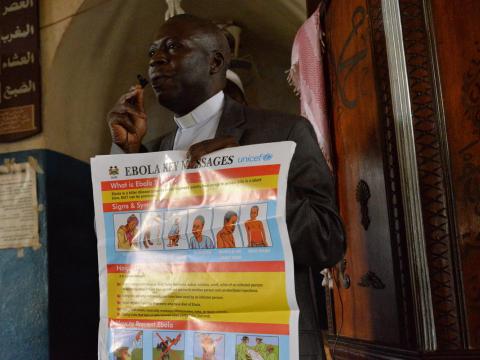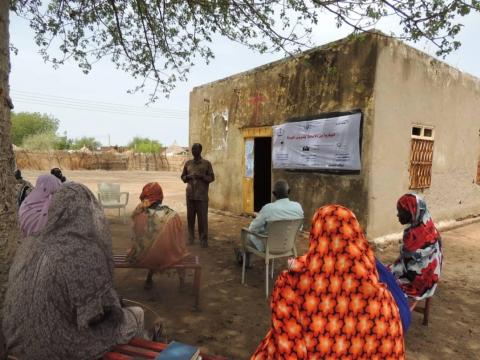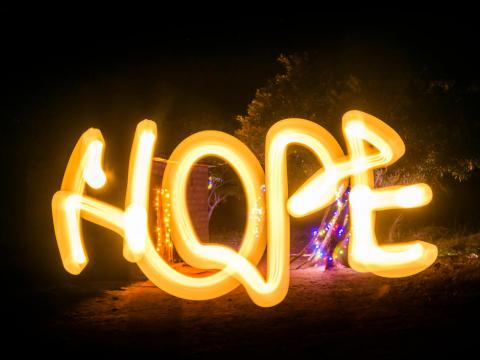
Putting our faith in leaders
By Esther Lehmann-Sow
World Vision International Faith and Development Partnership Leader
What does it mean to have faith in a time like this, when a pandemic is tearing people’s lives apart, heaping stress and anxiety on children the world over and, for some of us, shaking the foundations of our beliefs? What role or roles do people of faith, and faith leaders in particular, have to play?
The short answer is many!
While I am a passionate follower of Jesus Christ, my life and friendship with many people of other faiths has taught me that while we may not share beliefs, our shared humanity and respect for the way faith shapes our lives allows us to join hands in serving vulnerable children across religious boundaries.
We do this in so many ways. World Vision’s 70 year history as a Christian humanitarian organisation working with the poorest and most vulnerable children and their families, often at the toughest times in their lives, is full of examples… the Korean war, famine in Ethiopia in the 1980s… the HIV and AIDS pandemic throughout the 1990s and on, the 2004 Boxing Day tsunami. And now, faced with the challenge of a global pandemic, we alongside Christian and other faith communities and leaders across the world, are responding. Here are just three ways this is happening, right now.
- Responding on the frontlines
In so many developing countries, people of faith and faith-based organisations play a substantial role in providing healthcare. We know the secondary health effects of COVID-19, on children in particular, could be devastating; as many as 30 million children’s lives are at risk, as we outlined in World Vision’s recent Aftershocks report. People of faith on the health frontlines in developing countries have a key role to play, to prevent this catastrophe becoming a reality.
- Changing behaviour
I’ve learned that when people are faced with conflicting information they often turn to faith leaders to find out ‘the truth’ and the ‘correct’ behaviour to adopt. From an understanding of vaccinations to safe hand-washing or burial practices, and now social distancing, faith leaders have shown time and again how invaluable their positions of trust are in shifting understanding and behaviour. It makes sense that faith is at the heart of this given that it is a critical factor guiding the daily lives of 80% of the world’s population. Linking technical information to religious values and practices means people are much more likely to embrace change.
- Embracing change and busting myths
Faith leaders must be truth tellers, because their influence is invaluable. I don’t think there is disagreement on this point – whether that influence is for good or for ill, is very much a live discussion however. I have seen first hand, so many times, the positive power of faith leaders.
They have an important role to play to stamp out misinformation. To correct damaging mistruths. As with Ebola, in some of the countries where World Vision works there is a lot of stigma associated with COVID-19, especially towards people who are infected or have recovered from the disease. They are being shunned, or – hard to believe – hearing that becoming sick with COVID-19 is a divine punishment for sin. Right now, we are working with more than 8,000 faith leaders via Whats App, who are spreading the right messages to around 80,000 people in their networks.
Pastor Peter Kainwo from Bo in Sierra Leone, who I worked with during the Ebola crisis, is one of them. He believes the system enables him to directly and indirectly reach every community in his country. Pastor Peter says the faith leaders, who come from a variety of religious backgrounds, are committed to working alongside each other. “Doctrine divides us, but service unites us.”
Now, more than ever, our faith is a source of hope. My faith in Jesus Christ is my source of hope. The people who are living out their faith by responding to children’s needs throughout this crisis, are our hidden heroes. Who, some might say, can restore the faith and belief we all need at this time.

